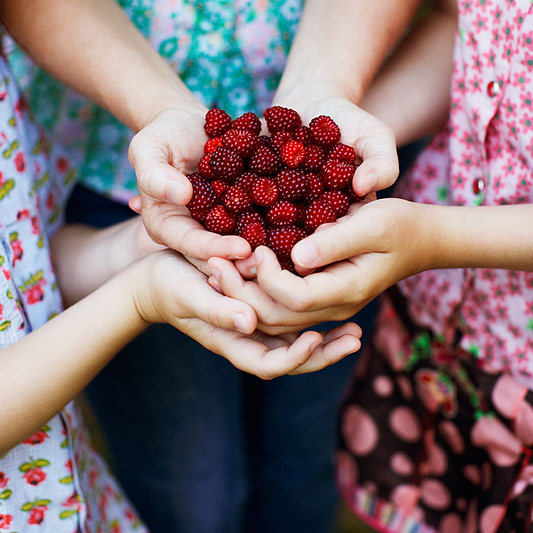THURSDAY, Nov. 10, 2016 (HealthDay News) — People who get little sleep are likely to drink significantly more sugar-sweetened and caffeinated beverages, a new study finds.
The findings suggest that improving sleep could help reduce people’s sugar intake, according to researchers from the University of California, San Francisco.
They analyzed data from nearly 19,000 American adults. Those who regularly slept five or fewer hours a night drank 21 percent more sugar-sweetened, caffeinated beverages like soda and energy drinks than those who slept seven to eight hours a night.
People who regularly slept six hours a night consumed 11 percent more of the drinks than those who got more sleep.
Researchers said they didn’t know whether sugary drinks cause people to sleep less, or whether sleep deprivation leads them to consume more sugar and caffeine to stay awake. Previous studies suggest both could be true.
“We think there may be a positive feedback loop where sugary drinks and sleep loss reinforce one another, making it harder for people to eliminate their unhealthy sugar habit,” said lead author Aric Prather, an assistant professor of psychiatry.
“This data suggests that improving people’s sleep could potentially help them break out of the cycle and cut down on their sugar intake, which we know to be linked to metabolic disease,” Prather said in a university news release.
The study found no link between the amount of sleep and consumption of juice, tea or diet drinks. It was published in the December issue of the journal Sleep Health and online Nov. 9.
More information
The U.S. Centers for Disease Control and Prevention has more on sleep.
Copyright © 2026 HealthDay. All rights reserved.

